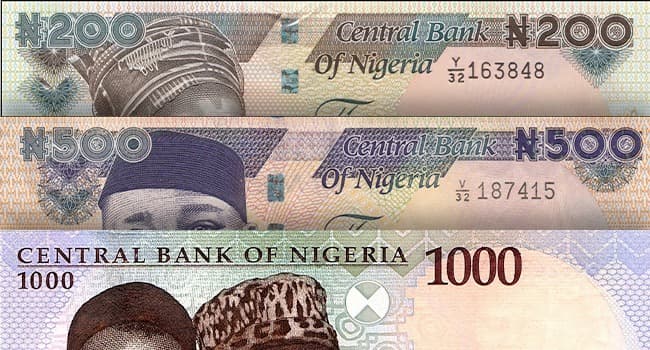Nigeria’s total public debt rose suddenly by N12.6 trillion to reach N134.3 trillion ($91.3 billion) at the close of Q2 2024 according to report.
This 10.35% surge from the previous quarter’s N121.7 trillion ($91.5 billion) has been largely driven by the devaluation of the naira, giving to an official document presented at the World Bank and International Monetary Fund (IMF) annual meetings in Washington DC.
Despite the apparent stability in dollar terms, There was a significant increase in the country’s domestic debt, which climbed by N5.55 trillion, or 8.45%, from N65.65 trillion in Q1 to N71.2 trillion by the end of Q2.
External debt also saw a rise of $780 million, reaching $42.9 billion in June 2024 from $42.12 billion recorded in Q1. The document highlights that domestic debt accounted for 53% of the nation’s debt portfolio at N71.2 trillion ($48.4 billion), while external debt constituted 47%, totalling N63.1 trillion ($42.9 billion).
The report further disclosed that Nigeria’s debt-to-GDP ratio has exceeded 50%, underscoring rising fiscal pressure. Local government bonds dominate the domestic debt market, with Federal Government of Nigeria (FGN) Bonds making up 78% of domestic debt. Other instruments in the government’s borrowing mix include Nigerian Treasury Bills, Savings Bonds, Sukuk, Promissory Notes, and Green Bonds.
On the international front, multilateral loans, primarily from the World Bank and the African Development Bank, constituted 50.4% of Nigeria’s external debt, while bilateral loans made up 13.7% and commercial loans 35.9%.
Speaking to investors, Nigeria’s Finance Minister and Coordinating Minister of the Economy, Wale Edun, highlighted that Nigeria’s recently launched $500 million domestic dollar-denominated bond was oversubscribed, raising over $900 million—despite prior IMF recommendations against such issuance. The bond, launched on August 15 and offered at $1,000 per unit from August 20, exceeded investor demand, marking a notable success for Nigeria’s economic strategy.
“The IMF advised us against issuing dollar bonds domestically, but we chose a different path and saw a 100% oversubscription,” Edun stated. While expressing appreciation for the IMF’s guidance, he noted that nations retain autonomy in aligning external recommendations with domestic priorities. He credited the IMF’s broader role in financial stability but reiterated that countries are not bound to follow every piece of advice from international financial bodies.
Edun’s comments reflect Nigeria’s growing confidence in balancing external advice with local economic imperatives as the government navigates rising debt and fiscal challenges.













